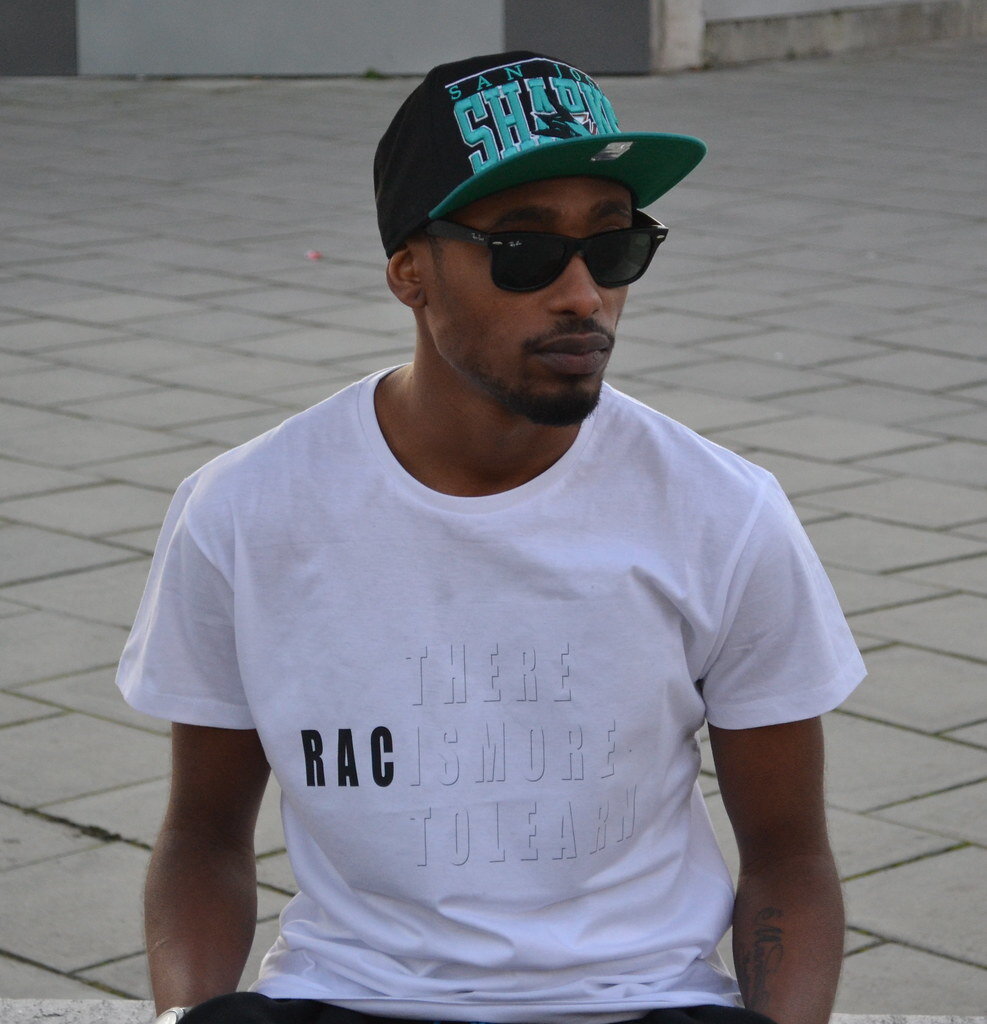
Documenting racism to build empathy, one individual story at a time.
Latest Recaps
"In college in Massachusetts at Wheaton (College), someone asked me why Black people play the race card all the time, [saying] race doesn't matter. [Hearing that constantly] was traumatizing. 'The race card; the race card.' Every time I hear that, it irks me."
"Two weeks into my orientation, I was questioned by a fellow Trinity (University) student about my intelligence, and why I was in the school. He noticed I was one of only ten Black people and I was part of their affirmative action process to get into school.”
Society often reserves a particular set of low expectations and anger for Black women. Confident, knowledgeable women like Keanna confound and (in society’s view) reinforce such expectations when they assert themselves.
My first conscious memories of racism began in high school in San Antonio when a Latino student would regularly mock me, claiming that I have big lips. Later in life, a police stop in New York City was, by far, the most disturbing experience.
“Sincerely and reluctantly, I am a primary example of a public health crisis of racism. And that predates the Covid-19 pandemic.”







Jeanne learned early in life interracial dating interests met societal frowns. She often encountered outright hostility for her academic success at elite public universities. Later in her legal career, some of her reports felt comfortable challenging her on her dating and personal choices. And like many Black women, her hair…